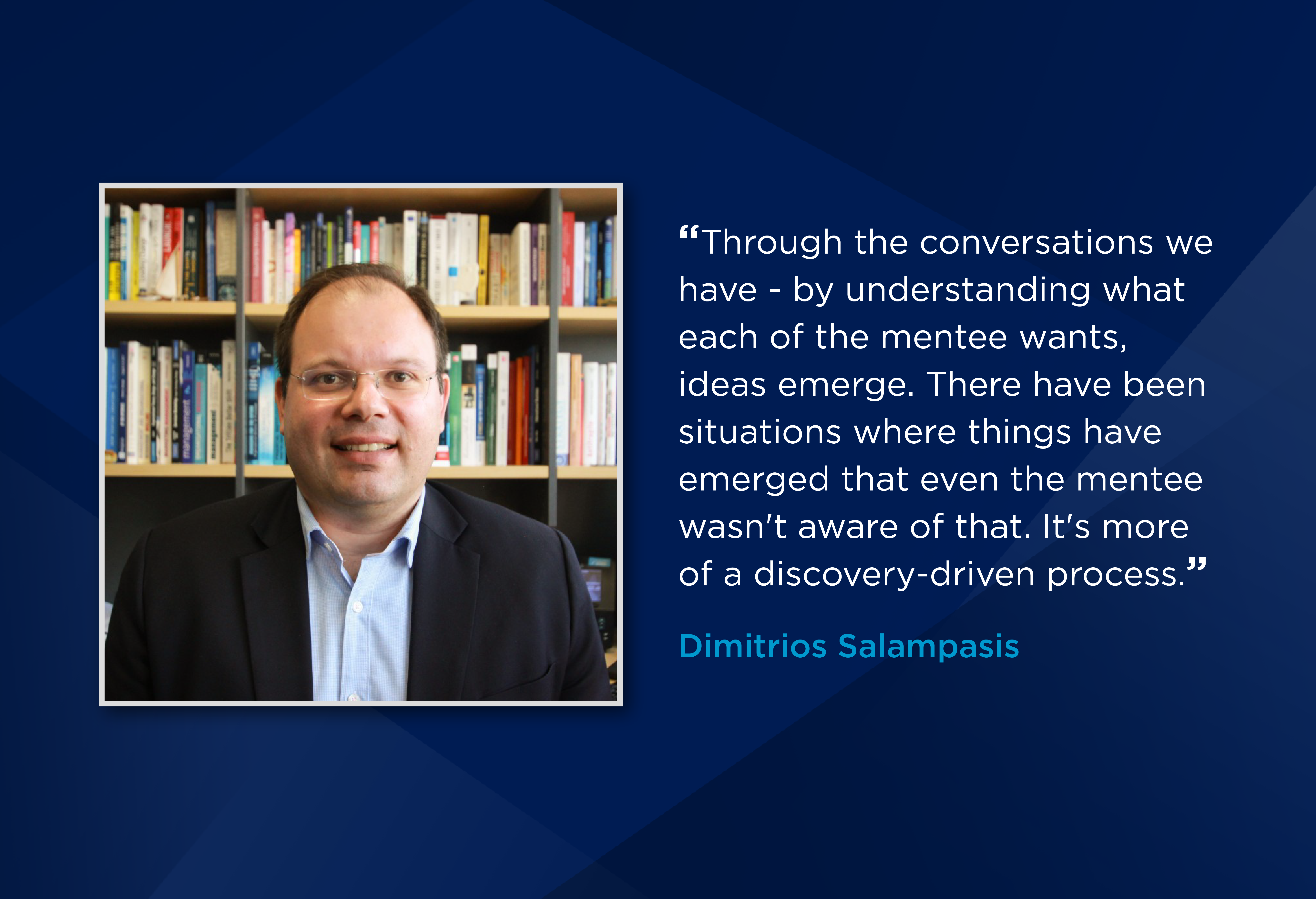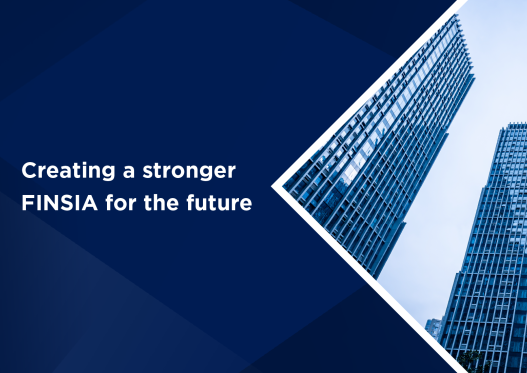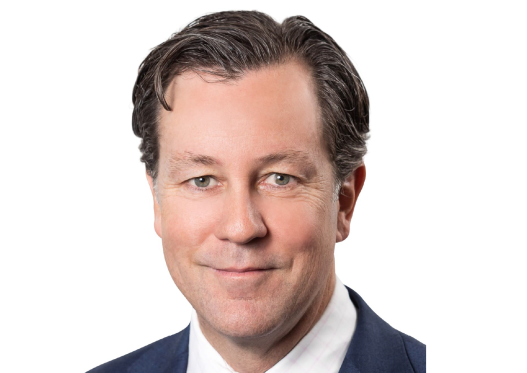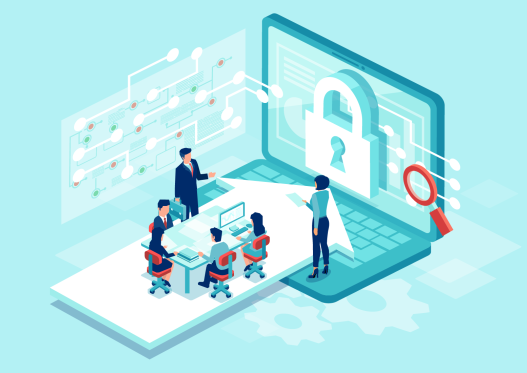“The people that I have been in touch so far and I have mentored are very highly qualified.
“The key value for this is allowing people to share, open up, and also have a very comfortable and friendly conversation on different topics, which of course goes in line with what FINSIA's plan is in relation to a mentorship program.
“I never saw it that I am the mentor who knows everything.
“For me it’s about getting into the whole relationship with a mentee to start exploring issues together.
“I’ll be trying to give my thoughts, give my advice and unlock situations that the mentee might not be able to see clearly.
“I don't go with the approach that I'm the expert or I am the authority. Yes, I have my experience, I have my knowledge, I've got my thoughts, but it's a collaborative, conversational approach based, of course, on the objectives that each of the mentees will probably have.
“Some mentees are most interested in career perspectives. Others are interested more in developing soft skills. Others are interested more, let's say, in how to handle specific situations in their work. Others are interested on upscaling themselves further and building a further professional development.
“Through the conversations we have - by understanding what each of the mentee wants, ideas emerge. There have been situations where things have emerged that even the mentee wasn't aware of that. It's more of a discovery-driven process.”
Of the three mentees, the first one was mostly related to career aspirations, ‘looking into career perspectives and advice on how to handle human relationships at work, especially in relation to colleagues … but mainly in relation to management, and also in relation to supervisors.
“The second really, really interesting experience was career-related, but mainly driven by a desire to have a master class across every one of our sessions on key issues that we handle within work.
“I had a lot of experience in handling difficult situations at work. So we exchanged thoughts about creating a platform and pathway on some best practices on how to handle similar things in the future, which was really fascinating.
“The third one was again in relation to career and more hands on around CV, cover letter, providing advice on how to communicate value proposition properly.
“What I really enjoyed about this was to help this mentee have some sort of a tangible plan on what is realistic, what is visible, but also what is visionary.”
When it comes to dos and don’ts, he says: “For any prospective mentee, I would definitely say leverage this opportunity with FINSIA.
“It’s an amazing program and that's an amazing initiative that FINSIA is running.
“Come with an open mind, but also come prepared to have an object or objectives in order to get hands-on and tangible outcomes.
“Don't think of it as you are talking to your psychologist or your psychotherapist. That's not what this relationship is.
“Believe it or not, many people think that. I have seen in other settings where people think that a mentoring relationship is basically throwing everything out and talking about everything. That's not what it is.
“I would say do your homework and have also realistic expectations.
“Also, don't only see this as this five, six sessions that you can have with your mentor, but also see it as a potentially more ongoing and sustainable relationship that can open up additional opportunities.
“I also have a mentor within Swinburne, where I'm a lecturer.
“But yes, I had mentors in the past, both for my career, but also for my broader personal and my professional development, skills development.
“I had a mentor who actually helped me become more, let's say, comfortable going on stage or opening up to talking to people, not being the shy person I was at school.
“These things come with time, and also these things come by pulling together a comfortable environment. They don't just come like that.”
And how has the past 18 months impacted on mentoring?
“I'm very pro to face-to-face. Digital brings other opportunities, because you can connect with people from different parts of the country - world, even. So basically, location becomes irrelevant.
“But I think relationships have mainly developed and all the networking really happens on a face-to-face environment. Because I feel that in a face-to-face setting, you can also observe, explore and see things that you would normally not be able to see in a digital environment








